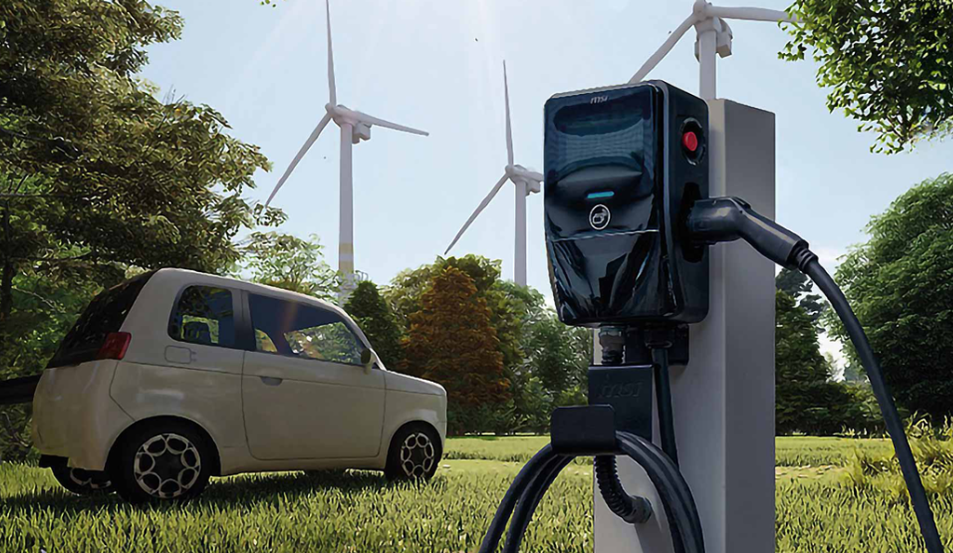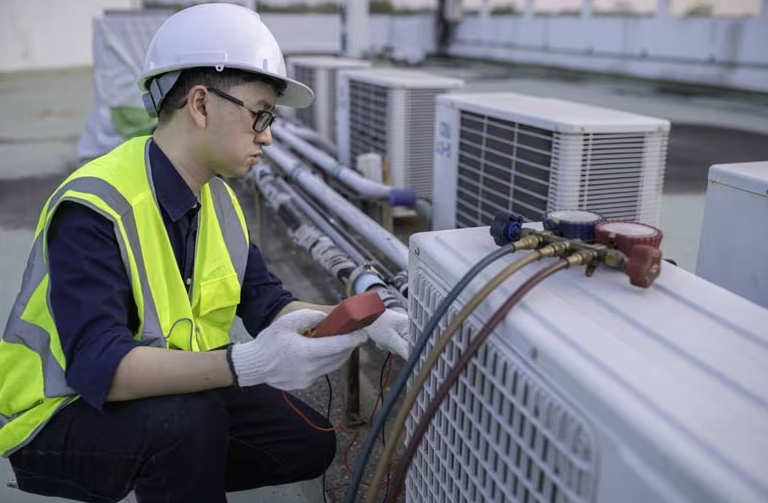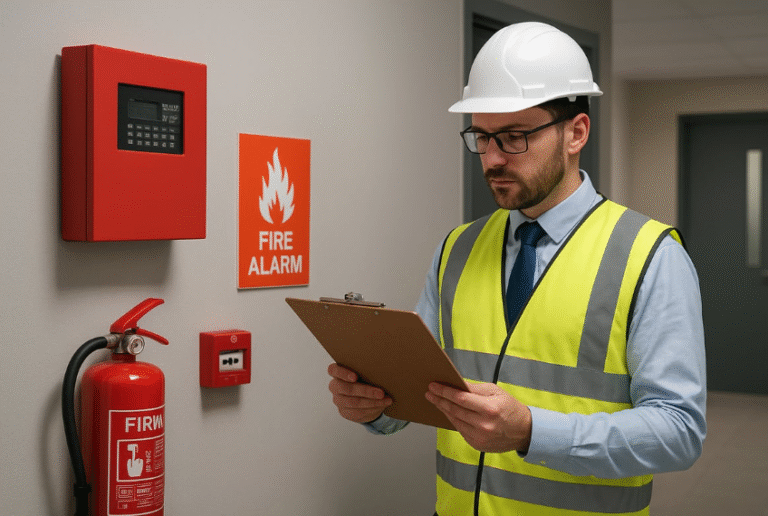The Future of Electrical Work with Smart Grids and EV Charging Stations
The hum of electricity is the heartbeat of modern life, powering everything from our smartphones to our cities. But as technology advances at an unprecedented pace, the electrical landscape is undergoing a profound transformation. We’re moving beyond traditional power grids and into an era defined by smart grids and the burgeoning demand for electric vehicle (EV) charging infrastructure. This shift isn’t just about new technologies; it’s about a fundamental rethinking of how we generate, distribute, and consume power, and it presents both exciting opportunities and significant challenges for the electrical industry.
The Dawn of the Smart Grid: More Than Just Wires
Imagine an electrical grid that can heal itself, anticipate demand, and seamlessly integrate renewable energy sources. This is the promise of the smart grid. Unlike conventional grids, which are largely one-way systems, smart grids leverage digital communication and advanced sensors to create a two-way flow of information between utilities and consumers.
This intelligence brings a host of benefits:
- Enhanced Reliability: Smart grids can detect and isolate outages more quickly, often rerouting power automatically, significantly reducing downtime. For homeowners and businesses, this means fewer disruptions and a more stable power supply.
- Improved Efficiency: By understanding real-time demand, smart grids can optimize power distribution, reducing transmission losses and maximizing the use of generated electricity. This translates to lower energy bills and a smaller carbon footprint.
- Integration of Renewables: The intermittent nature of solar and wind power has historically posed challenges for grid stability. Smart grids provide the sophisticated control and monitoring necessary to seamlessly integrate these renewable sources, making our energy mix greener and more sustainable.
- Empowered Consumers: Smart meters and demand-response programs allow consumers to monitor their energy usage in real-time and make informed decisions about when and how they consume power, potentially leading to significant savings.
The implementation of smart grids is a complex undertaking, requiring substantial investment in infrastructure upgrades and advanced cybersecurity measures. However, the long-term benefits in terms of reliability, efficiency, and sustainability make it an essential step forward.
Powering the EV Revolution: The Rise of Charging Infrastructure
The electric vehicle market is no longer a niche segment; it’s a rapidly expanding industry poised to reshape transportation as we know it. With this growth comes an undeniable need for robust and accessible EV charging infrastructure. From residential chargers to public fast-charging stations, the demand for electrical services in this area is skyrocketing.
Installing EV charging stations isn’t as simple as plugging in an appliance. It requires careful planning and execution, often involving:
- Load Calculations: Assessing the existing electrical capacity of a home or business to ensure it can handle the additional load of EV charging without overloading the system.
- Panel Upgrades: Many older electrical panels may not have the capacity or space for a dedicated EV charging circuit, necessitating an upgrade.
- Wiring and Conduit Installation: Running new dedicated circuits from the electrical panel to the charging station, often requiring trenching or conduit installation.
- Permitting and Inspections: Adhering to local electrical codes and obtaining necessary permits to ensure safe and compliant installations.
The rapid deployment of EV charging infrastructure presents a significant opportunity for skilled electricians. As more individuals and businesses embrace electric vehicles, the need for expert electrical repair services related to charging stations will only grow. This includes everything from initial installation to troubleshooting and maintenance of charging equipment.
The Evolving Role of the Electrician: Skills for a Smart Future
The advent of smart grids and widespread EV adoption is transforming the skillset required of electrical professionals. While foundational knowledge of electrical systems remains paramount, new competencies are becoming increasingly vital.
- Digital Literacy: Electricians are now interacting with smart meters, grid sensors, and sophisticated control systems that require a strong understanding of digital technologies and data interpretation.
- Networking Knowledge: Smart grids rely heavily on communication networks. A basic understanding of networking principles and protocols is becoming increasingly beneficial.
- Renewable Energy Expertise: As solar panels and wind turbines become more integrated into the grid, electricians need to understand their installation, maintenance, and interaction with the broader electrical system.
- EV Charging Specialization: Expertise in the various types of EV chargers, their power requirements, and the specific electrical codes governing their installation is now a highly sought-after skill.
- Cybersecurity Awareness: With smart grids being highly interconnected, understanding basic cybersecurity principles to protect critical infrastructure from digital threats is crucial.
For professionals in electrical repair services, this means continuous learning and adaptation. Keeping abreast of the latest technologies and best practices is no longer optional; it’s essential for staying competitive and providing high-quality service. Investing in training and certification in these emerging areas will be key to success in the coming years.
See also: Enjoy Independence Without Leaving the Home You Love
Actionable Insights for a Brighter Electrical Future
For homeowners, businesses, and electrical professionals alike, understanding these trends is crucial.
- For Homeowners: Consider a home energy audit to understand your current consumption and explore options for smart home integration or EV charging installation. When you need electrical repair services, ensure your chosen professional is knowledgeable about modern systems.
- For Businesses: Evaluate your fleet for potential EV integration and plan for necessary charging infrastructure. Explore opportunities to connect with smart grid initiatives in your area to optimize energy costs.
- For Electrical Professionals: Prioritize ongoing education and certifications in smart grid technologies, renewable energy integration, and EV charging solutions. This will ensure you remain at the forefront of the industry and can meet the evolving demands of your clients, including specialized electrical repair services for these new systems.
Conclusion: Powering Progress, One Connection at a Time
The electrical industry is on the cusp of a revolutionary period. Smart grids promise a more resilient, efficient, and sustainable power infrastructure, while the rise of electric vehicles is creating a massive new demand for specialized electrical services. This evolution requires a forward-thinking approach, embracing new technologies and continuously developing skills. By understanding and adapting to these changes, we can collectively build a more powerful, intelligent, and sustainable electrical future for everyone.






